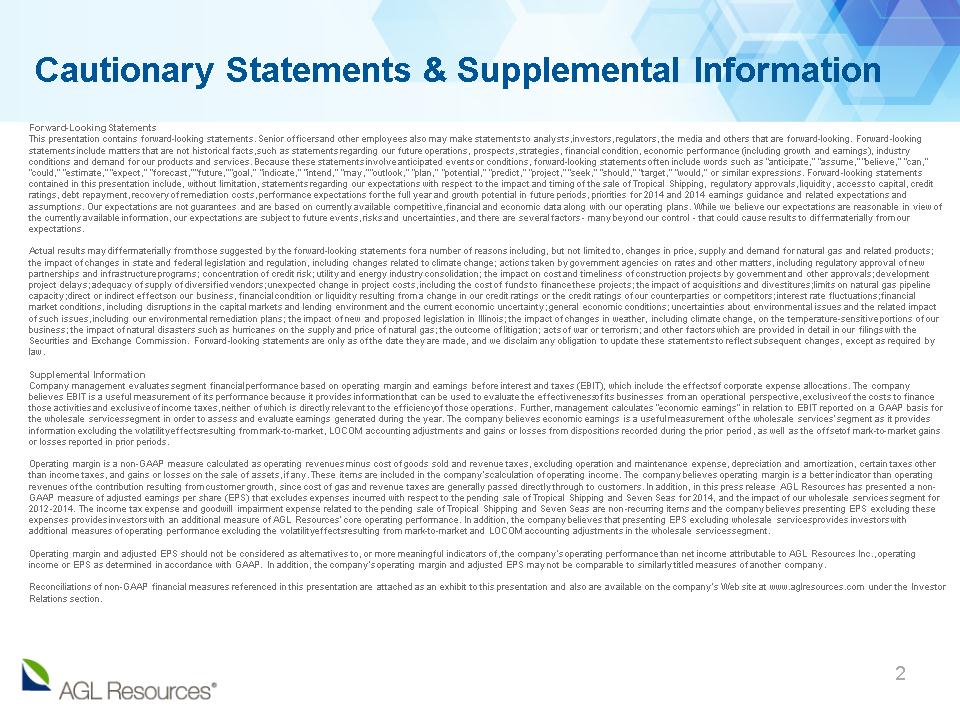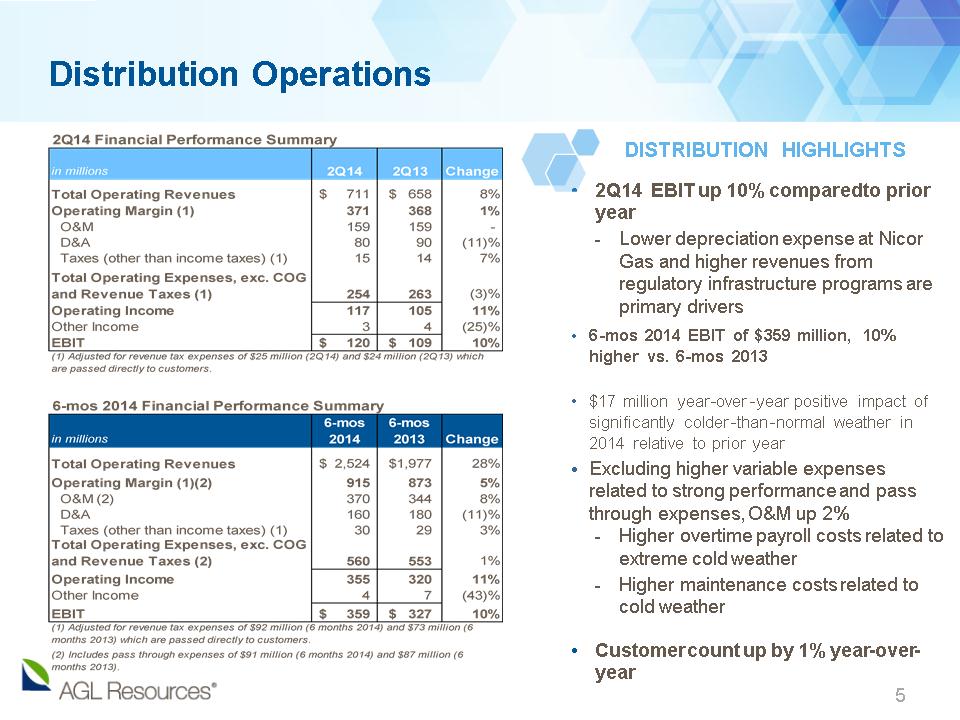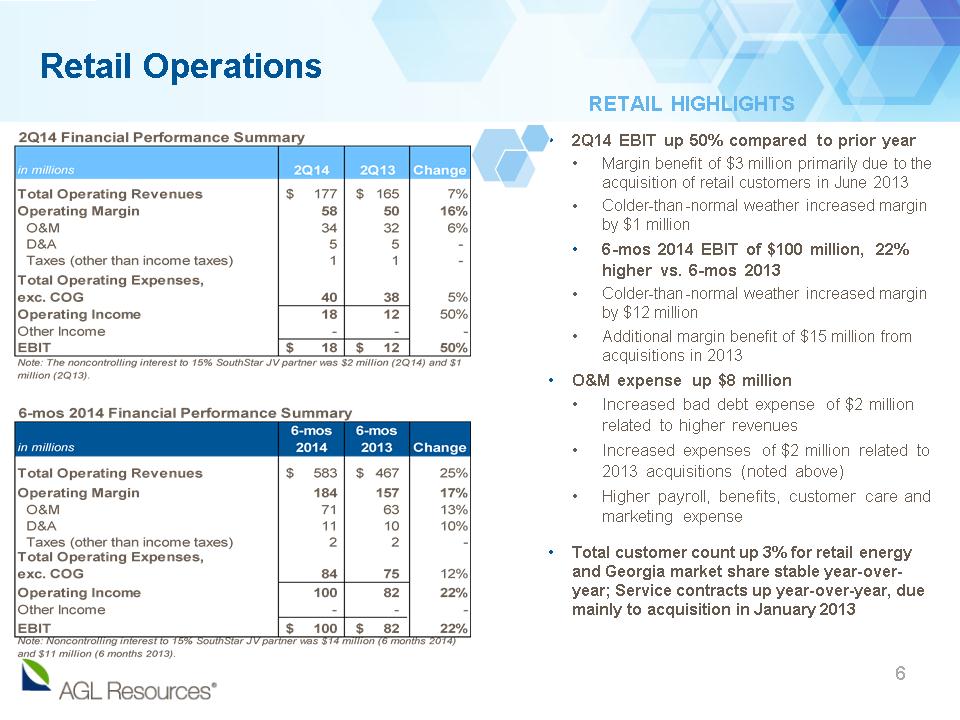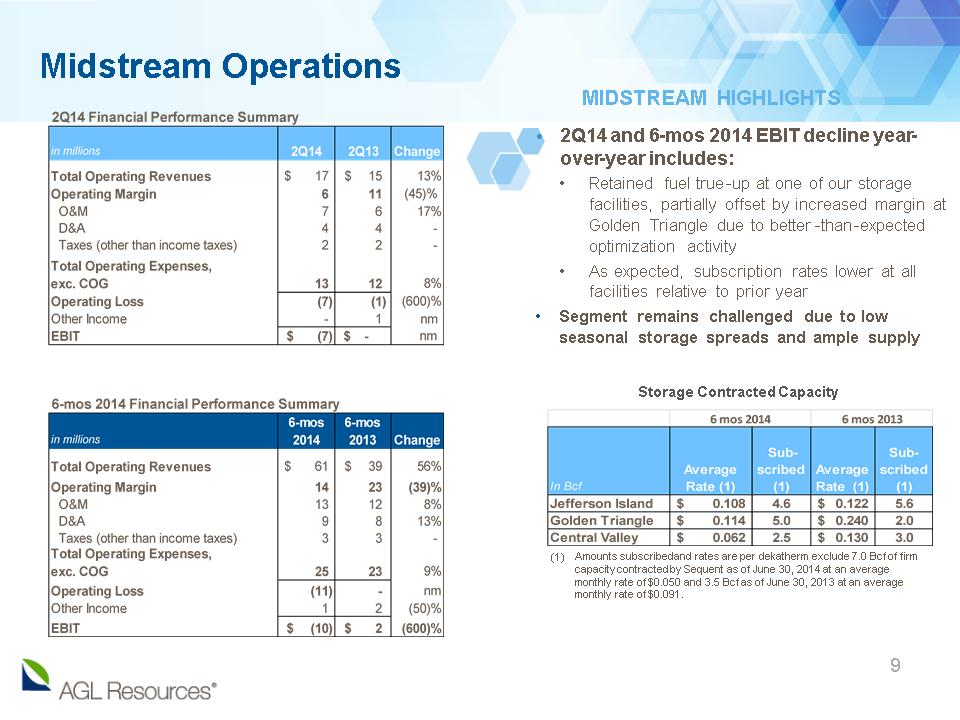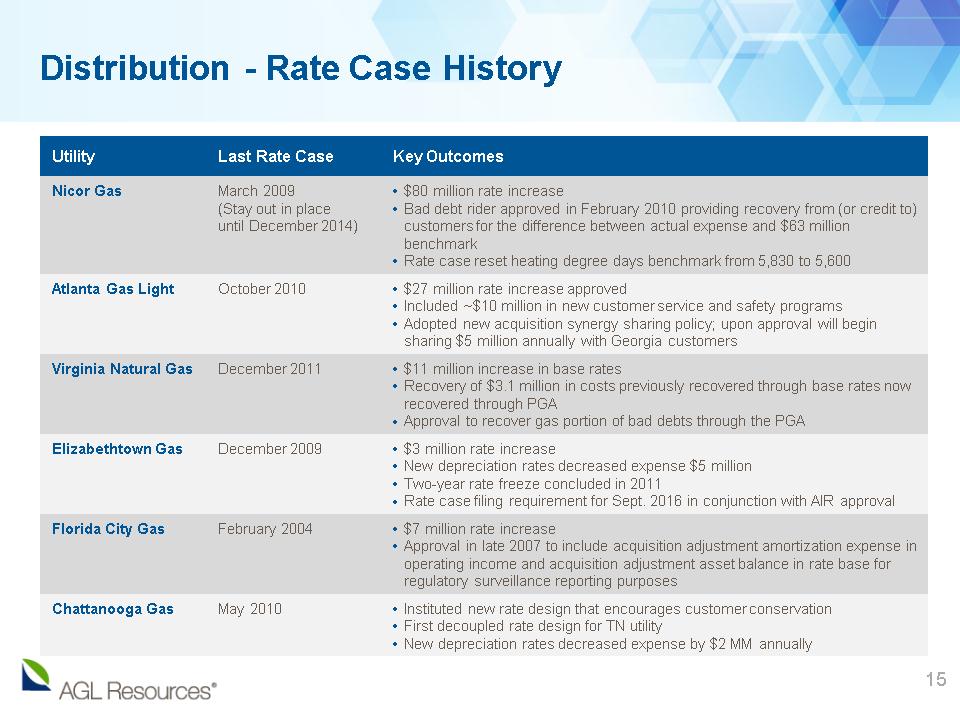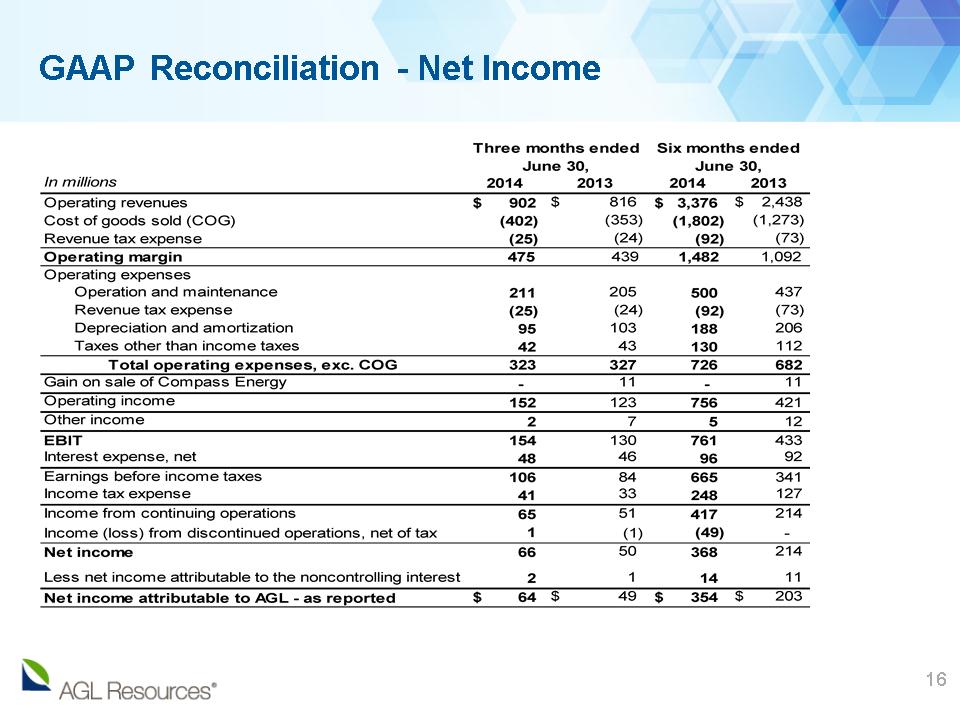Cautionary Statements & Supplemental Information Forward-Looking Statements This presentation contains forward-looking statements. Senior officers and other employees also may make statements to analysts, investors, regulators, the media and others that are forward-looking. Forward-looking statements include matters that are not historical facts, such as statements regarding our future operations, prospects, strategies, financial condition, economic performance (including growth and earnings), industry conditions and demand for our products and services. Because these statements involve anticipated events or conditions, forward-looking statements often include words such as "anticipate," "assume," "believe," "can," "could," "estimate," "expect," "forecast," "future," "goal," "indicate," "intend," "may," "outlook," "plan," "potential," "predict," "project," "seek," "should," "target," "would," or similar expressions. Forward-looking statements contained in this presentation include, without limitation, statements regarding our expectations with respect to the impact and timing of the sale of Tropical Shipping, regulatory approvals, liquidity, access to capital, credit ratings, debt repayment, recovery of remediation costs, performance expectations for the full year and growth potential in future periods, priorities for 2014 and 2014 earnings guidance and related expectations and assumptions. Our expectations are not guarantees and are based on currently available competitive, financial and economic data along with our operating plans. While we believe our expectations are reasonable in view of the currently available information, our expectations are subject to future events, risks and uncertainties, and there are several factors - many beyond our control - that could cause results to differ materially from our expectations. Actual results may differ materially from those suggested by the forward-looking statements for a number of reasons including, but not limited to, changes in price, supply and demand for natural gas and related products; the impact of changes in state and federal legislation and regulation, including changes related to climate change; actions taken by government agencies on rates and other matters, including regulatory approval of new partnerships and infrastructure programs; concentration of credit risk; utility and energy industry consolidation; the impact on cost and timeliness of construction projects by government and other approvals; development project delays; adequacy of supply of diversified vendors; unexpected change in project costs, including the cost of funds to finance these projects; the impact of acquisitions and divestitures; limits on natural gas pipeline capacity; direct or indirect effects on our business, financial condition or liquidity resulting from a change in our credit ratings or the credit ratings of our counterparties or competitors; interest rate fluctuations; financial market conditions, including disruptions in the capital markets and lending environment and the current economic uncertainty; general economic conditions; uncertainties about environmental issues and the related impact of such issues, including our environmental remediation plans; the impact of new and proposed legislation in Illinois; the impact of changes in weather, including climate change, on the temperature-sensitive portions of our business; the impact of natural disasters such as hurricanes on the supply and price of natural gas; the outcome of litigation; acts of war or terrorism; and other factors which are provided in detail in our filings with the Securities and Exchange Commission. Forward-looking statements are only as of the date they are made, and we disclaim any obligation to update these statements to reflect subsequent changes, except as required by law. Supplemental Information Company management evaluates segment financial performance based on operating margin and earnings before interest and taxes (EBIT), which include the effects of corporate expense allocations. The company believes EBIT is a useful measurement of its performance because it provides information that can be used to evaluate the effectiveness of its businesses from an operational perspective, exclusive of the costs to finance those activities and exclusive of income taxes, neither of which is directly relevant to the efficiency of those operations. Further, management calculates “economic earnings” in relation to EBIT reported on a GAAP basis for the wholesale services segment in order to assess and evaluate earnings generated during the year. The company believes economic earnings is a useful measurement of the wholesale services’ segment as it provides information excluding the volatility effects resulting from mark-to-market, LOCOM accounting adjustments and gains or losses from dispositions recorded during the prior period, as well as the offset of mark-to-market gains or losses reported in prior periods. Operating margin is a non-GAAP measure calculated as operating revenues minus cost of goods sold and revenue taxes, excluding operation and maintenance expense, depreciation and amortization, certain taxes other than income taxes, and gains or losses on the sale of assets, if any. These items are included in the company's calculation of operating income. The company believes operating margin is a better indicator than operating revenues of the contribution resulting from customer growth, since cost of gas and revenue taxes are generally passed directly through to customers. In addition, in this press release AGL Resources has presented a non-GAAP measure of adjusted earnings per share (EPS) that excludes expenses incurred with respect to the pending sale of Tropical Shipping and Seven Seas for 2014, and the impact of our wholesale services segment for 2012-2014. The income tax expense and goodwill impairment expense related to the pending sale of Tropical Shipping and Seven Seas are non-recurring items and the company believes presenting EPS excluding these expenses provides investors with an additional measure of AGL Resources’ core operating performance. In addition, the company believes that presenting EPS excluding wholesale services provides investors with additional measures of operating performance excluding the volatility effects resulting from mark-to-market and LOCOM accounting adjustments in the wholesale services segment. Operating margin and adjusted EPS should not be considered as alternatives to, or more meaningful indicators of, the company's operating performance than net income attributable to AGL Resources Inc., operating income or EPS as determined in accordance with GAAP. In addition, the company's operating margin and adjusted EPS may not be comparable to similarly titled measures of another company. Reconciliations of non-GAAP financial measures referenced in this presentation are attached as an exhibit to this presentation and also are available on the company’s Web site at www.aglresources.com under the Investor Relations section. *

